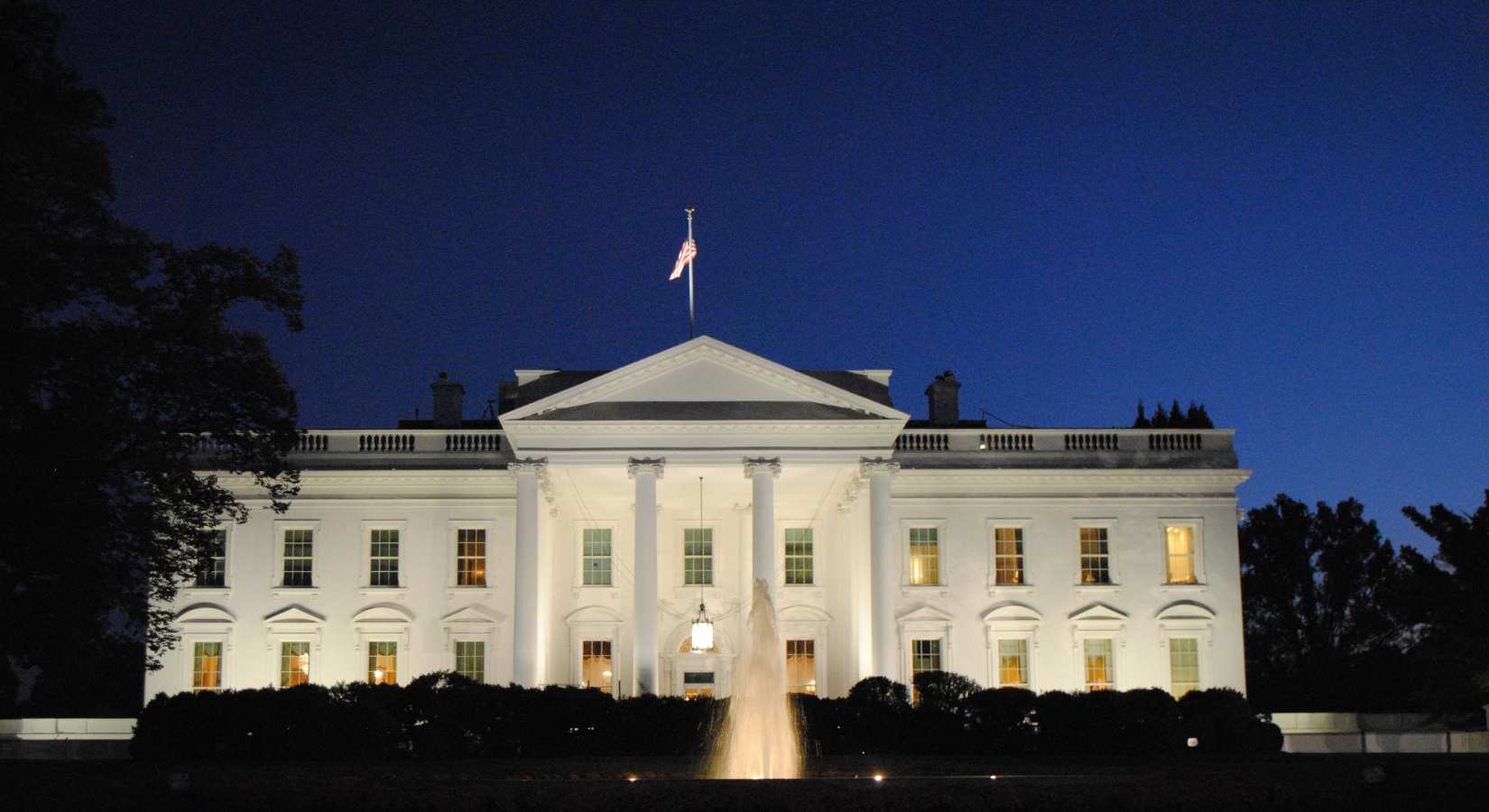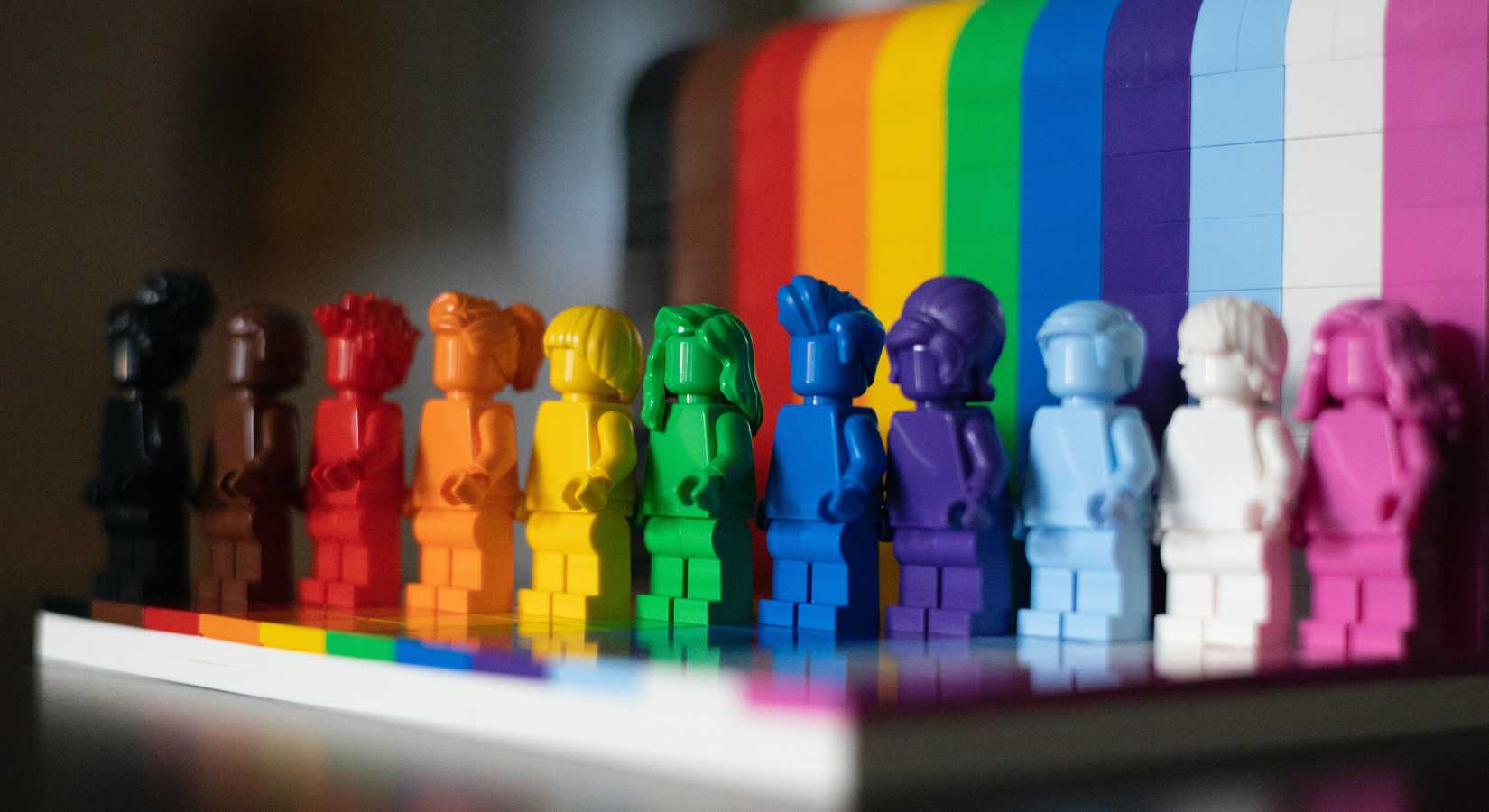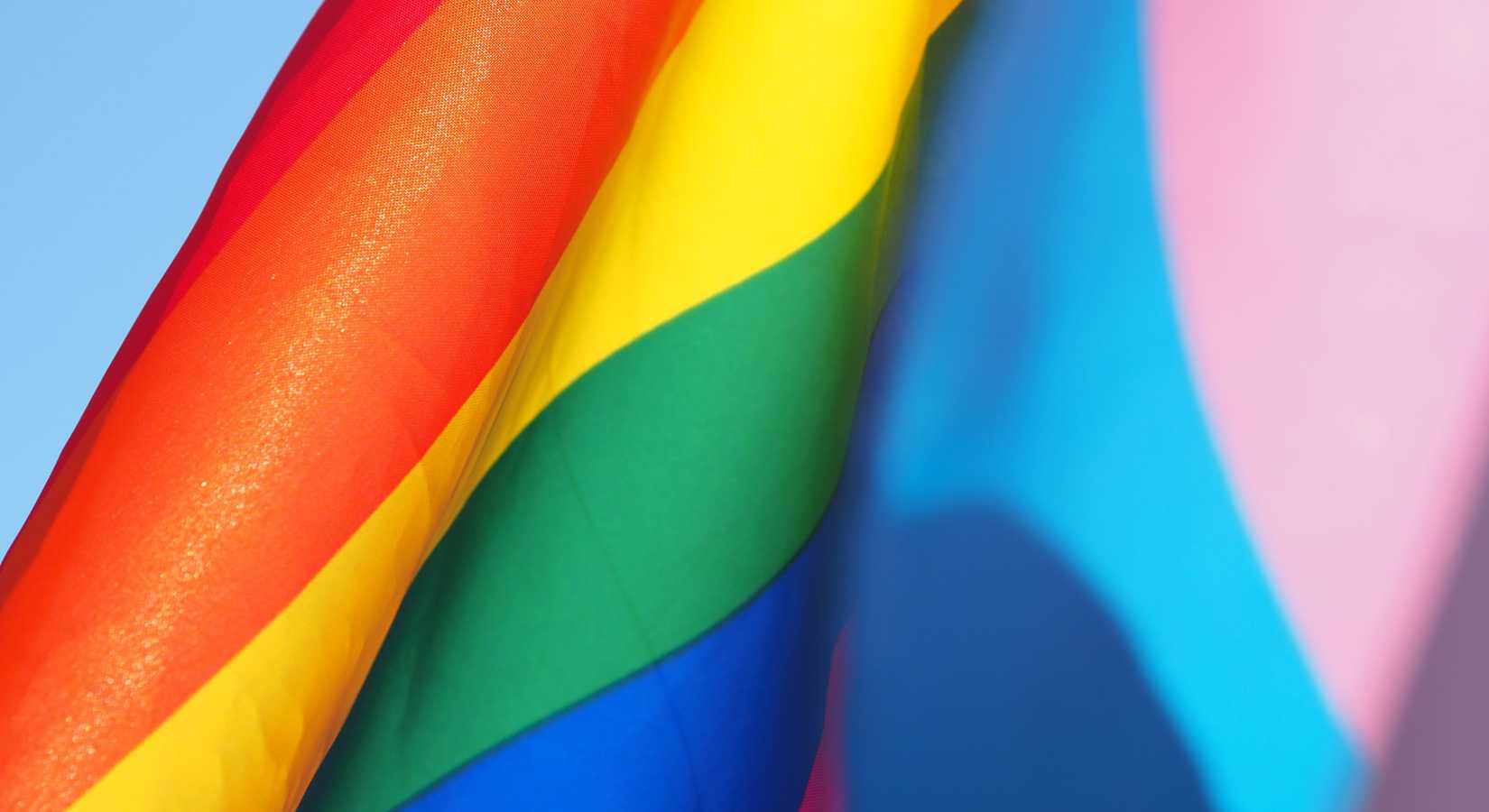Advokat Mary Rice Hasson skriver en tankevekkende artikkel i magasinet Newsweek om forslaget til ny diskrimineringslov som foreligger i Senatet. Etter å ha lest gjennom lovens 31 sider, oppdager hun at det er et ord som mangler, nemlig kvinne.
The Equality Act is 31 pages long, and devotes thousands of painstakingly drafted words to prohibiting “sex discrimination.” In all those pages, however, the word “female” never appears.
That’s by design. And it spells disaster—not only for females, but for all of us who believe that our laws and language must be grounded in reality. Human beings are created male or female. Our biological sex matters, not only in law but also in practice.
Det er som om hun sukker over hvordan kjønn blir beskrevet når hun peker på at kjønn ikke kan reduseres til “stereotyper”, “kjønnskarakteristikker” (bryster, kjønnsorganer osv.), seksuelt begjær (“seksuell legning”) eller selvoppfatning (“kjønnsidentitet”) – begrepene diskrimineringsloven bruker for å definere ” kjønn.”
Sex is a basic fact about who we are. It is the whole body’s organization for a particular reproductive role; from conception, each individual’s body is organized to produce either large gametes (ova) or small gametes (sperm). It’s in our DNA. “Every cell has a sex,” says the Institute of Medicine. Sexual difference has meaning and consequences. Sex cannot be reduced to “stereotypes,” “sex characteristics” (breasts, genitals, etc.), sexual desires (“sexual orientation”) or self-perception (“gender identity”)—the terms the Equality Act uses to define “sex.”
Notably, the Equality Act’s definition makes no mention of what sex actually is: the unchangeable reality that a person is either “male” or “female” (intersex conditions are disorders of sexual development, not a different sex). Only females go through female puberty, get pregnant, give birth and go through menopause. That’s biology, and no one can self-define into or out of a biological reality.
For the law to pretend otherwise is ludicrous. But under the Equality Act, females (and males) are no more. To be a “woman” is to be a “Genderbread Person,” a jumble of parts, feelings, desires and stereotypes. But not to “be” female.
Proponents of the Equality Act say it simply extends the logic of the Supreme Court‘s decision in Bostock v. Clayton County, which held that Title VII’s prohibition of discrimination “because of…sex” also prohibits discrimination because of sexual orientation and transgender status. That’s a deceptive argument. The Bostock Court’s premise in interpreting Title VII was that “‘sex’…refer[s] only to biological distinctions between male and female” and, “but for” the “sex” of each plaintiff, there would have been no discrimination.
Den nye diskrimineringsloven sementerer den ideologiske troen på at den vi er er selvdefinert og ikke har noe å gjøre med kroppens biologi. Sex, vårt kjønn, betyr ikke noe.
Unlike the Bostock decision, the Equality Act redefines “sex” with no reference to “biological distinctions between male and female.” Indeed, by defining “sex” to include “gender identity”—in turn defined by characteristics “regardless of…sex”—the Equality Act cements into the law the ideological belief that who we are is self-defined and has nothing to do with our bodies’ biology. Sex does not matter.
Hun peker på det paradoksale at tidligere kvinnekamp har handlet om likhet mellom kjønn, ikke opphevelse av kjønnet.
It’s ironic. For decades, our laws worked to ensure equal treatment of men and women by prohibiting discrimination on the basis of “sex,” recognizing the equal dignity of males and females as well as the biological differences inherent in sexed bodies. Laws against sex discrimination played an invaluable role in women’s advancement, ensuring that females could be full participants in society while taking into account biological needs and differences
Og videre på at liv ble reddet da helsevesenet sluttet å behandle menn og kvinner likt:
Women’s lives were saved, for example, when medicine stopped treating the male body as the default and the female body as the exception. Heart attack symptoms in males and females, for example, are different, because our biology is different. And because our bodies are different in small but significant ways, the diagnosis, treatment and prognosis for many diseases differ too.
At ni av ti voldtekter begås mot kvinner, og at kvinner er mer sårbare:
As females, we also have unique vulnerabilities and enhanced needs for privacy and safety. Although any person might become a victim of sexual assault, the fact is that women (females) are particularly vulnerable. Nine out of 10 rape victims are female. Every adult female is acutely aware of that fact; we can ill-afford to forget it. Women also have unique needs for privacy. Females—and only females—menstruate, and we want privacy to attend to those needs.
The Equality Act puts all of this, and more, at risk. The concept of “gender identity” is a steamroller obliterating the significance of “male” and “female” in our language, relationships, laws and spaces. Under the Equality Act, “gender identity” determines access to “public accommodations,” a category the act redefines to include just about everywhere. It mandates access to “a restroom, a locker room, and a dressing room” among other gathering places on the basis of “gender identity.” Translation: There will be no safe spaces left for females. Support groups for mothers or sexual assault survivors would be forced to accept any male who feels entitled to join (based on “gender identity”). Girls and women (females) would no longer be free to shut the door and keep males out of our bathrooms, locker rooms or store dressing rooms. We would no longer be free to excel in and enjoy female-only athletics.
Tenk deg en verden der regjeringen plutselig bestemte at solen skal stige i vest og gå ned i øst, og straffet de som insisterer på noe annet. Solen ville fremdeles stige i øst og gå ned i vest, men vi ville ikke få lov til å si det høyt, lære det til barna våre eller organisere livet vårt rundt det faktum. Konsekvensene ville være absurde og farlige.
Imagine a world in which the government suddenly decreed that the sun rises in the west and sets in the east, and penalized those who insist otherwise. The sun would still rise in the east and set in the west, but we wouldn’t be allowed to say so out loud, teach it to our children or organize our lives around that fact. The consequences would be absurd and dangerous.
The world becomes similarly absurd and dangerous if the Equality Act becomes law. The logic of the Equality Act treats sex (male or female) as no more significant than a bureaucratically “assigned” label, slapped on in the delivery room and peeled off at will. In its place, the act enshrines the cult concept of “gender identity”—the individual’s self-defined identity, based on feelings, “regardless” of sex. The resulting legal regime would mean that an individual’s self-perception would override the fact of his or her sex in determining access to just about everything. Everyone else would have no choice but to validate the individual’s self-narrative and play along with the resulting performance of sex stereotypes, or incur significant legal penalties for “discrimination on the basis of sex.”
Do we really want our daughters to be taught “gender-inclusive puberty,” to view themselves as “vagina-owners” (not females) and aspire to be “pregnant people” (not mothers)? Do we really want our sons to believe that a “person with a penis” is not always male? Do people of faith want our children taught that it’s a discriminatory “sex stereotype” to believe in the Biblical view of heterosexual marriage?
Dette er fremtiden den nye diskrimineringsloven lover. Vi vil ikke lenger kunne si høyt at en person er mann eller kvinne, hvis personen selv definerer som en annen “kjønnsidentitet.” Vi vil ikke lenger være i stand til å lære barna våre – i det minste offentlig – at biologisk sex har betydning, og at sannheten er ugjennomtrengelig for våre følelser. Og vi vil ikke lenger være fri til å organisere våre liv rundt troen på at kjønn betyr noe, at menn aldri kan være “kvinner” og at kvinner har kjønnsbaserte rettigheter til privatliv og trygge rom der menn ikke er velkomne.
This is the future the Equality Act promises. We will no longer be able to say out loud that a person is male or female, if that person self-defines as another “gender identity.” We will no longer be able to teach our children—publicly at least—that biological sex has meaning, and that the truth is impervious to our feelings. And we will no longer be free to organize our lives around the beliefs that sex matters, that males can never be “women” and that females have sex-based rights to privacy and safe spaces where males are not welcome.
Just as it will always be true that the sun rises in the east and sets in the west, it will always be true that sex is binary: human beings are male or female.
Say it out loud while you still can.






